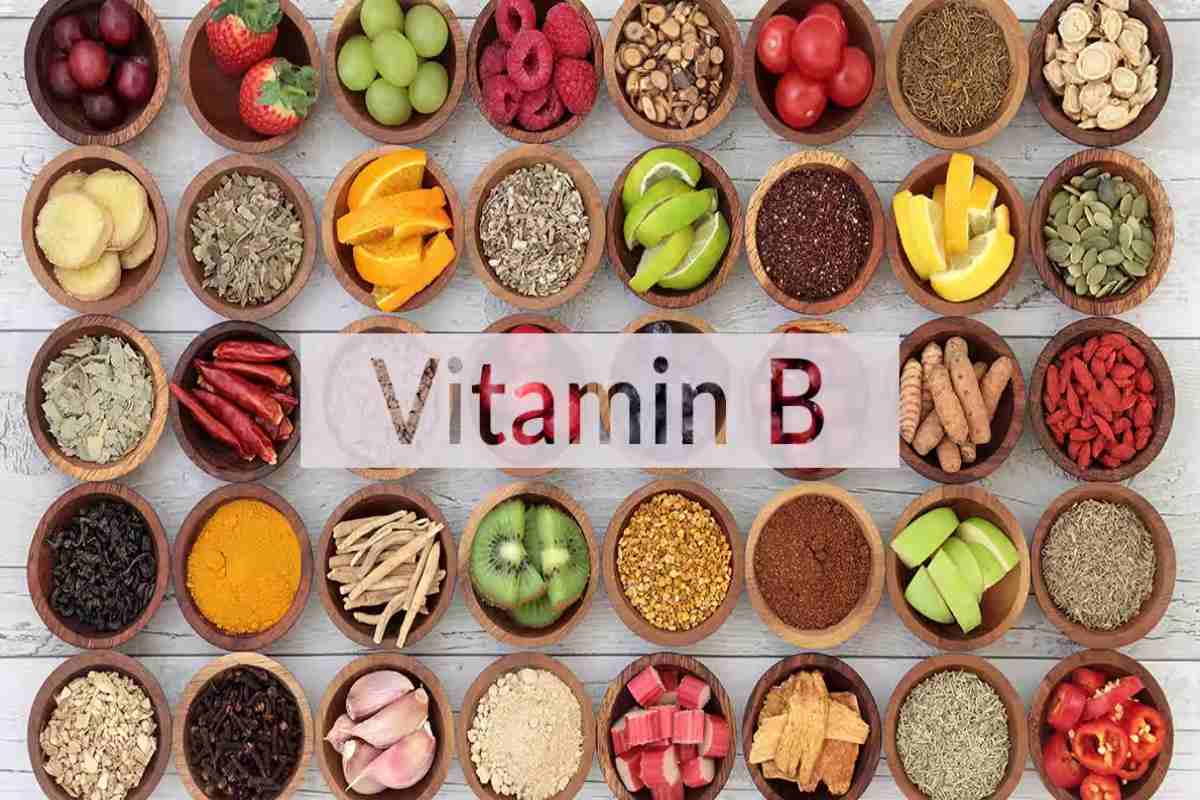Vitamin B is important for human health: it participates in the nervous system and is necessary for normal metabolism. The body doesn’t have its reserves — its water-soluble and isn’t stored in our cells. What foods are rich in vitamin B and how to get it in sufficient quantities?
Table of Contents
Spinach
Spinach contains folic acid, or B9. In a small portion of fresh leaves weighing 25 g, there is 12% of folate. You can also get it from other greens, broccoli, Brussels sprouts, green peas, and other green-colored foods.
Salmon
Salmon is an expensive but useful fish. It contains essential omega-3 fats, vitamin D, and it’s one of the best sources of B group. A 100g serving contains 127% of cobalamin, B12, which is essential for hematopoiesis and eye nerve function. This fish is also high in niacin, B3, which helps us get energy from food.
Liver
Not everyone loves sub-products, but they are rich in B vitamins, especially liver, and its origin doesn’t matter. Beef, pork, and poultry are all sources of nutrients. A hundred gram serving of liver contains 109% of the daily value of B3 and almost 140% of B5, pantothenic acid, which is necessary for the production of hormones and hemoglobin.
Legumes
It’s also a great source of folic acid. Just half a cup of lentils brings you 45% of the daily norm, 35% you get from chickpeas. Use them to cook soups, salads, and falafel, a popular dish of Middle Eastern cuisine. Such meals will be great if you want to eat something nourishing while playing at Gates of Olympus demo or working and are in need of something tasty.
Beef
A 100 g serving of the product contains 72% of the daily norm of B12, almost 50% of B3 and 36% of B6. With its deficiency, a person’s appetite decreases, the skin can peel, and one of the most unfavorable consequences is anemia. This element is needed to create red blood cells, and it supports our immunity.
Poultry
Chicken and turkey are rich in vitamins B3 and B6. Moreover, there are more of these elements in the breast than, for example, in the thigh. Grab a sandwich with cooked chicken breast for a snack and you’ll get 86% of your daily value of niacin. And if you make it with turkey, you’ll cover almost half of your B6 allowance.
Sunflower Seeds
A plant source of pantothenic acid, B5. A small handful of the product weighing 30 g contains 40% of the daily norm of this element. Together with it, you will also get useful fats and micronutrients. Just add some seeds to vegetable salads and cream soups.
Milk
One glass of milk covers 45% of your daily requirement of B12 and 32% of your daily requirement of B2. These aren’t the only benefits of milk, you’ll also get 15% of your required daily amount of B5. If you don’t like milk, opt for fermented dairy products, such as yogurt — the B group is also present in it. Try Greek yogurt — it’s exactly half of your B12 requirement. Choose low-fat versions with 1-2% of fat.
Don’t take B supplements without a doctor’s prescription. Some of them can have side effects if the concentration in the body is exceeded. For example, excess niacin can lead to redness of the skin. It leads to liver damage if taken over a long period of time. Excess folic acid negatively affects the nervous system, and too large doses of B6 can lead to peripheral neuropathy, a condition in which a person loses sensation in the hands and feet, feels weak all the time, and seizures often occur.

